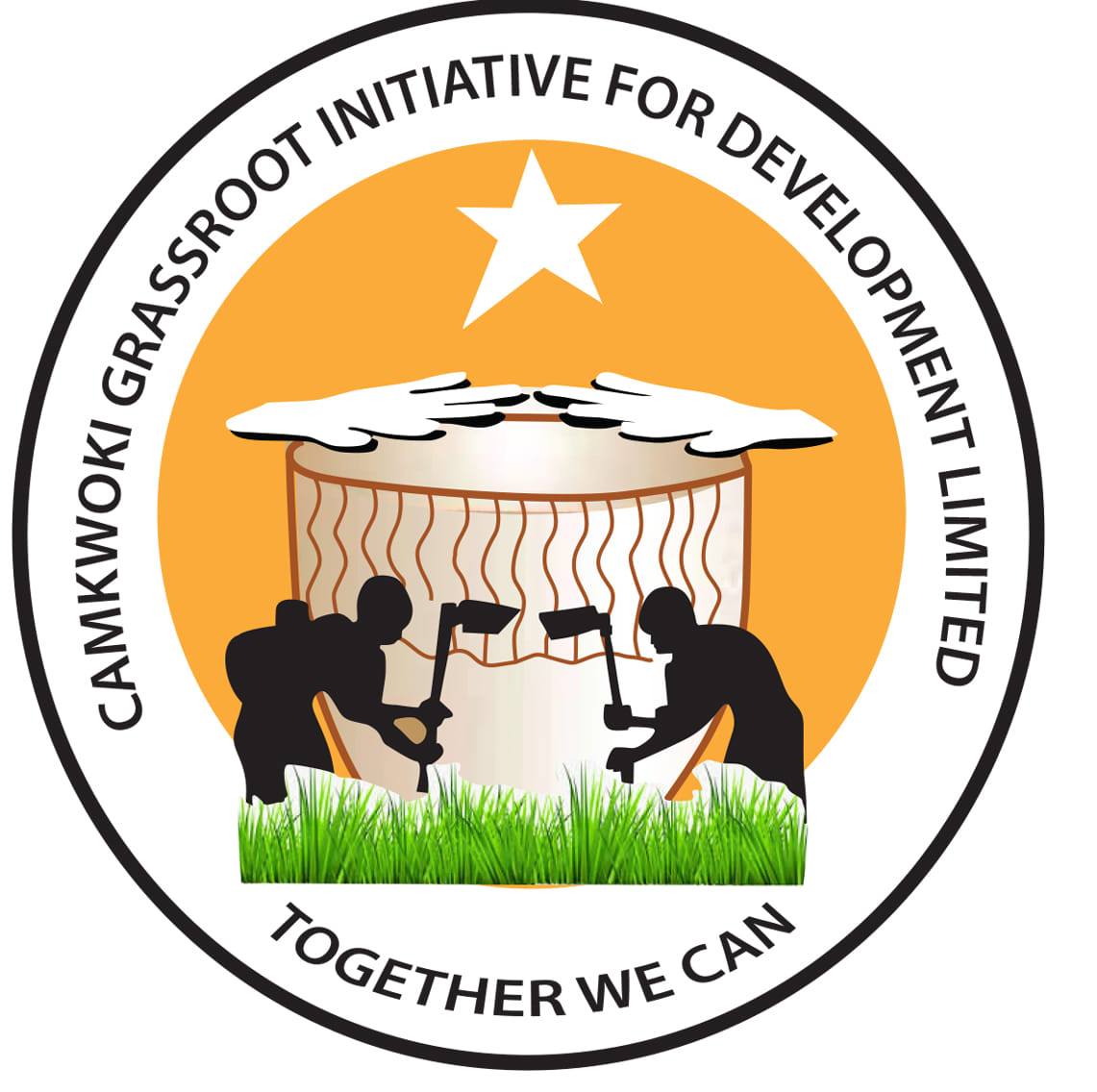who we are
About Camkwoki NGO
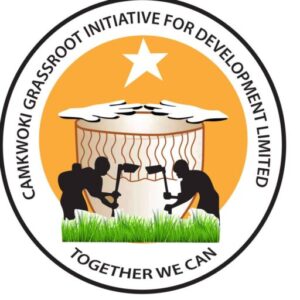
CAMKWOKI GRASS ROOT INITIATIVE FOR DEVELOPMENT LIMITED
Plot 109/113 Balpe Market, Aloi Road, Lira City
Lira District P.o Box 268 Lira, Tel: +256-782-658-458/0755524343
E-mail: camkwoki@gmail.com/camkwoki@camkwoki.org
ORGANISATIONAL PROFILE
DESCRIPTION OF THE Organization
Camkwoki Grass Root Initiative for Development Limited was first registered as an indigenous NGO as Camkwoki Grass Root Initiative for Development and later transformed into a Company Limited by Guarantee in 2011, The organization was founded by Aroma Patrick during the emergency period, when the internally displaced persons began returning to their homes following the progress of peace talks in Juba in 2007 between the Government of the Republic of Uganda and the Lords Resistance Army. The organization was legally registered with Lira District Local Government and the National NGO Board—Ministry of Internal Affairs Kampala and incorporated as a Company Limited by Guarantee by the Registrar of Companies in 2011. This was also in response to the government’s policy of helping people forming themselves into groups. Camkwoki is an NGO and operates as an NGO
Details on Camkwoki NGO is in the Organization profile under the About Camkwoki page
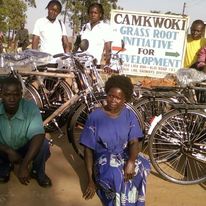
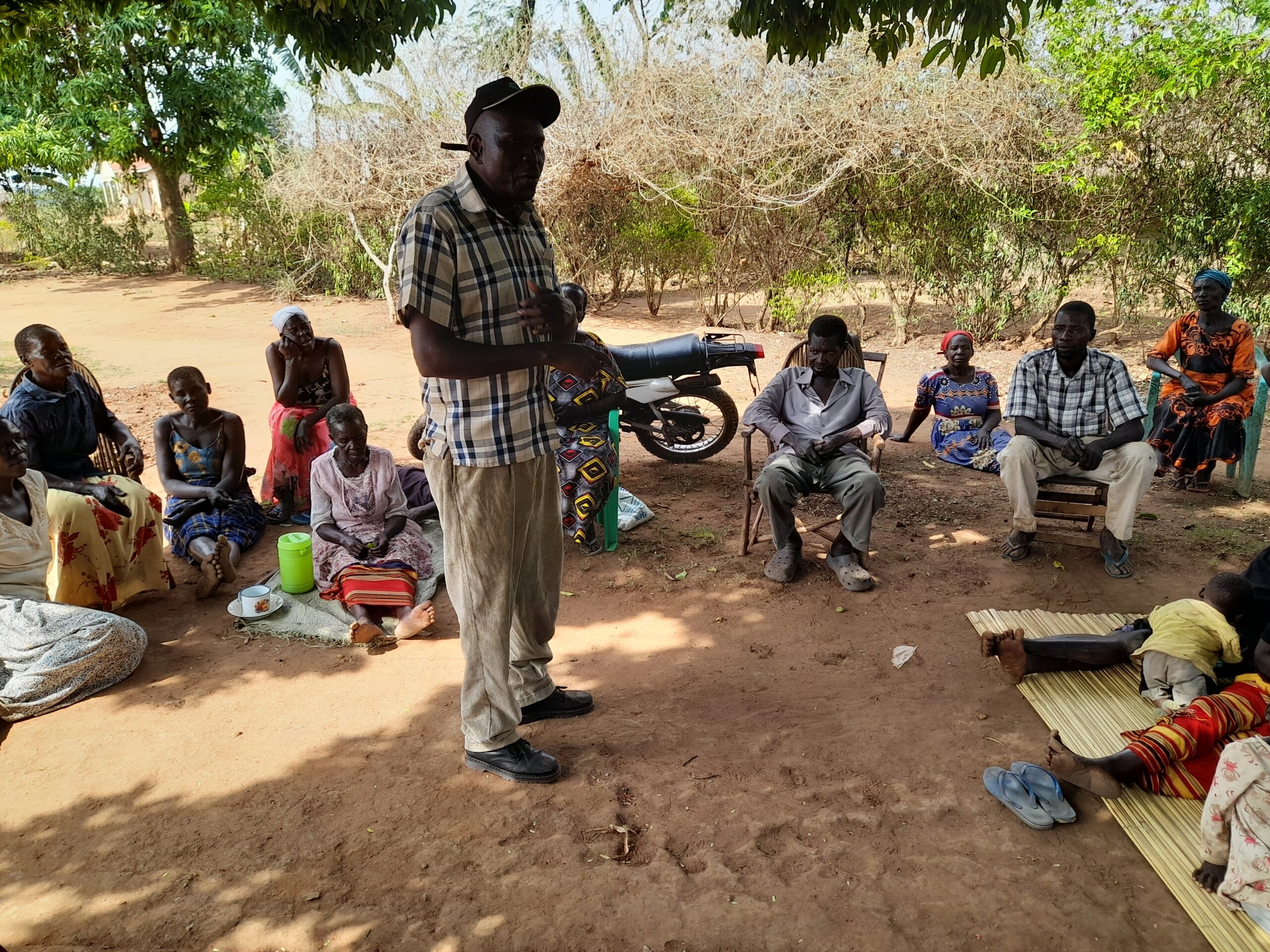
OUR MISSION
MISSION: “THE EMPOWERMENT OF THE COMMUNITY THROUGH WELL-DESIGNED PROGRAMS FOR WEALTH CREATION AND PROSPERITY’
The Camkwoki NGO strategy is working for increased production of agricultural produce, goods and services that eventually will lift our communities out of poverty. This kind of wealth creation is correlated with life expectancy, fewer diseases, higher literacy, and a healthier environment.
The challenge, therefore, for every (poor) household is to discover which value chain. goods and services, it can create that people are willing to pay for.
Poor households also need to be willing to address mindsets and practices that have kept them impoverished for generations.
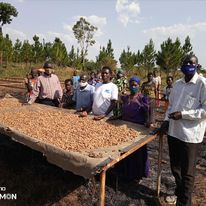
Our vision
VISION “AN EMPOWERED COMMUNITY STRIVING FOR SELF-SUSTAINABILITY AND LIVING ABOVE THE POVERTY LINE”
In working to attain its vision, Camkwoki NGO will encourage and build
- Local self-reliance, autonomy in the decision-making of communities, and direct participatory democracy;
- Provision of space for cultural assertion and spiritual welfare;
- Provision of space for experiential social learning, the articulation, and application of indigenous knowledge in conjunction with contemporary scientific knowledge;
- Access to entitlements over land and other resources, education for change, and other basic needs;
- Capacity to achieve food self-sufficiency and sustain it;
- Access to income, assets, and credit facilities and the capacity to create credit facilities;
- Access to knowledge and skills (both endogenous and exogenous) for the maintenance of constant natural capital stock and the environmental sink capacity;
- Access to skills training, problem-solving techniques, best available appropriate technologies and information without which the knowledge and skills become virtually useless; and Participation in decision-making processes by all people, and in particular women and youth.
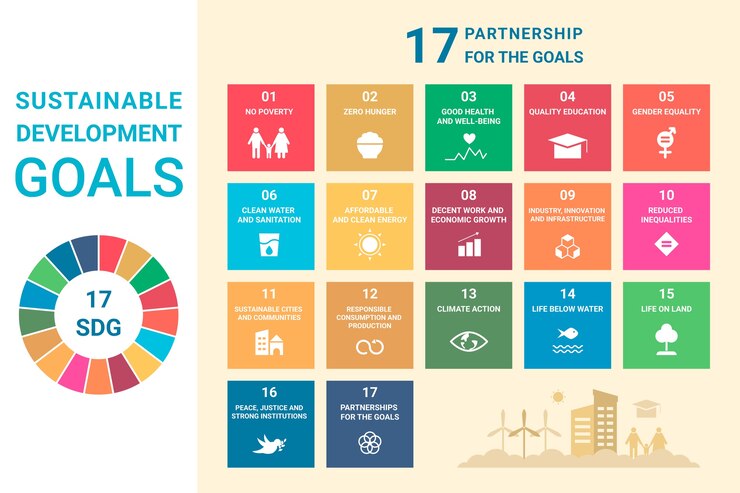
Our story
The Camkwoki Grassroot Initiative for Development works towards the attainment of the UN Sustainable Development Goals. With these goals at the heart of Camkwoki NGO operations, Camkwoki supports seven key UN Sustainable Development Goals, including
SDG 1: No Poverty,
1.1 By 2030, eradicate extreme poverty for all people everywhere, currently measured as people living on less than $1.25 a day
1.2 By 2030, reduce at least by half the proportion of men, women and children of all ages living in poverty in all its dimensions according to national definitions
SDG 2: Zero Hunger,
End hunger, achieve food security and improved nutrition and promote sustainable agriculture
SDG4: Quality Education,
Ensure inclusive and equitable quality education and promote lifelong learning opportunities for all
SDG 5: Gender Equality,
Achieve gender equality and empower all women and girls
SDG 13: Climate Action.
Take urgent action to combat climate change and its impacts
SDG16: Peace, Justice and Strong Institutions
Promote peaceful and inclusive societies for sustainable development, provide access to justice for all and build effective, accountable and inclusive institutions at all levels
Camkwoki NGO, through its projects and programs, has played a key role prior to and after the post-2015 development agenda process and has been an active contributor to the promotion and attainment of the Sustainable Development Goal indicators. Its Strategic Objectives are aligned to achieving the SDGs relevant to its work
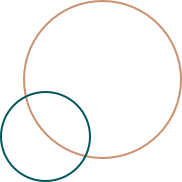
What we Do
Our primary causes
Camkwoki NGO uses the following approaches in confronting development issues:
(A) Grassroots Development: -Under this approach, Camkwoki
1. Targets disadvantaged groups through local and small projects
2. Empower people to become self-reliant
3. Impart training & education to transfer skills
4. Build the capacity of local communities.
(B) Advocacy: This approach aims at drawing the public’s attention to any development issue and exerting an influence on the government, either on behalf of or alongside a particular community or group. Camkwoki NGO participation in high level policy dialogues, lobbying or community action ensure practical outcomes for voiceless
(C) Humanitarian/Emergency Relief: Through this approach, Camkwoki NGO provides relief as and when disasters occur, such as hailstorms, extended dry season, earthquakes, floods, and cyclones. The affected area should be reached as soon as possible to provide emergency services and food aid on top of the efforts made for the protection of crops and land.
(D) Volunteer: Camkwoki NGO welcomes volunteers from all over the world for them to offer technical assistance, capacity building or any other kind of support to the organization’s project beneficiaries and development
Camkwoki NGO has successfully worked to complement government programs and activities through linkages, awareness raising and promotion of the National Development and Vision 2040.
Agriculture and Livelihood
Camkwoki NGO uses the Farmer Field Schools (FFS) methodology in the implementation of its agricultural and livelihood programs
The FFS is a participatory method of learning, technology adaptation, and dissemination (FAO, 2001) based on adult learning principles such as experiential learning (Davis & Place, 2003). Farmers are facilitated to conduct their own research, diagnose and test problems, and come up with solutions. FFS training programs help farmers develop analytical skills, critical thinking, and creativity, and learn to make better decisions (Kenmore, 1996 cited in Feder, Murgai, & Quizon, 2004a: 6). Such an approach, in which the trainer is a facilitator rather than an instructor, reflects a paradigm shift in extension (Röling & van de Fliert, 1994 cited in Feder et al., 2004a, Van de Fliert et al., 1995). “Through group interactions, attendees sharpen their decision-making abilities and their leadership, communication, and management skills” (Van de Fliert, 1993 cited in Anderson & Feder, 2004: 52).
Three major learning tools of FFS include discovery-based learning exercises, group experiments, and agroecosystem analysis (Duveskog, 2006). These processes help participants to experience, reflect, and make decisions. Due to the large number of farmer field schools and the variety of locations and implementers, practitioners defined the non-negotiable elements of FFS as: ownership, empowerment, group discovery learning, a systems approach, life-long learning, self-help, and self-propulsion (CIP-UPWARD, 2003).
While farmer field schools are not designed to develop technology, they can be used in part for this purpose with more advanced groups, while still retaining the focus on participatory and experiential learning. As the FFS participants learn in the FFS, they often learn about new methods, breeds, or inputs, as well as the more complex crop or livestock management that FFS are well known for (e.g., integrated pest management). Thus, there can be a strong element of adaptive research in many FFSs, and there are often changes in use of technologies, inputs, varieties, breeds, and management practices as a result of FFSs.
CAMKWOKI PROGRAMMATIC APPROACH
Camkwoki NGO leads a cluster of organisations
CAMKWOKI NGO SUCCESS STORIES
Medical Aid
Curabitur arcu erat, accumsan id imperdiet et, porttitor at sem. Nulla quis lorem ut libero malesuada feugiat.
Hunger Aid
Curabitur arcu erat, accumsan id imperdiet et, porttitor at sem. Nulla quis lorem ut libero malesuada feugiat.
Education
Curabitur arcu erat, accumsan id imperdiet et, porttitor at sem. Nulla quis lorem ut libero malesuada feugiat.
Join our mission. Volunteer, Donate, Advocate. Get Started Today.

Email: camkwoki@camkwoki.org
Call Anytime and whatsapp: +256755524343
